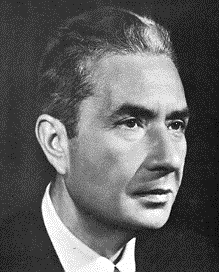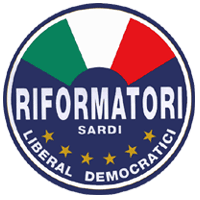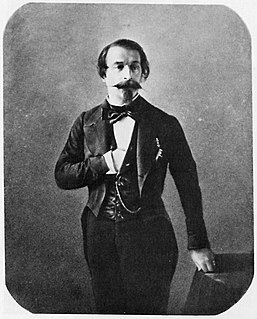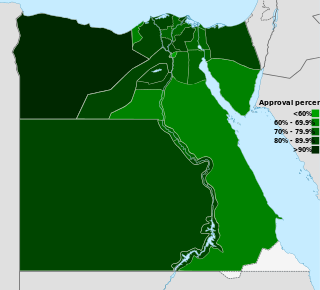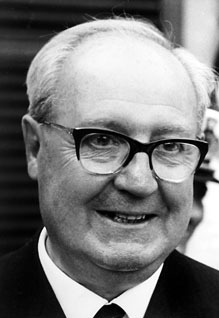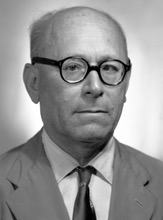This article does not cite any sources .(February 2015) (Learn how and when to remove this template message) |
| |||||||||||||||||
| |||||||||||||||||
854 voters 570 or 428 votes needed to win | |||||||||||||||||
|---|---|---|---|---|---|---|---|---|---|---|---|---|---|---|---|---|---|
| |||||||||||||||||
| |||||||||||||||||
The Italian presidential election of 1962 was held in Italy on 2 – 6 May 1962. Only members of Parliament are entitled to vote. As head of state of the Italian Republic, the President has a role of representation of national unity and guarantees that Italian politics comply with the Italian Constitution, in the framework of a parliamentary system.

Italy, officially the Italian Republic, is a country in Southern Europe. Located in the middle of the Mediterranean Sea, Italy shares open land borders with France, Switzerland, Austria, Slovenia and the enclaved microstates San Marino and Vatican City. Italy covers an area of 301,340 km2 (116,350 sq mi) and has a largely temperate seasonal and Mediterranean climate. With around 61 million inhabitants, it is the fourth-most populous EU member state and the most populous country in Southern Europe.

The Italian Parliament is the national parliament of the Italian Republic. The Parliament is the representative body of Italian citizens and is the successor to the Parliament of the Kingdom of Sardinia (1848–1861) and the Parliament of the Kingdom of Italy (1861–1946). It is a bicameral legislature with 945 elected members and a small number of unelected members (parlamentari). It is composed of the Chamber of Deputies, with 630 members (deputati) elected on a national basis, and the Senate of the Republic, with 315 members (senatori) elected on a regional basis, plus a small number of senators for life, either appointed or ex officio. The two houses are independent from one another and never meet jointly except under circumstances specified by the Constitution.
A head of state is the public persona who officially represents the national unity and legitimacy of a sovereign state. Depending on the country's form of government and separation of powers, the head of state may be a ceremonial figurehead or concurrently the head of government. In a parliamentary system the head of state is the de jure leader of the nation, and there is a separate de facto leader, often with the title of prime minister. In contrast, a semi-presidential system has both heads of state and government as the leaders de facto of the nation.
At ninth round of voting, former Prime Minister Antonio Segni was elected President with 443 votes out of 854.

The President of the Council of Ministers of the Italian Republic, commonly referred to in Italy as Presidente del Consiglio, or informally as Premier and known in English as the Prime Minister of Italy, is the head of government of the Italian Republic. The office of Prime Minister is established by Articles 92 through to 96 of the Constitution of Italy. The Prime Minister is appointed by the President of the Republic after each general election and must have the confidence of the Italian Parliament to stay in office.

Antonio Segni was an Italian politician who was the 34th Prime Minister of Italy, and the fourth President of the Italian Republic from 1962 to 1964. Adhering to the centrist Christian Democratic party, he was the first Sardinian ever to become Prime Minister of Italy.
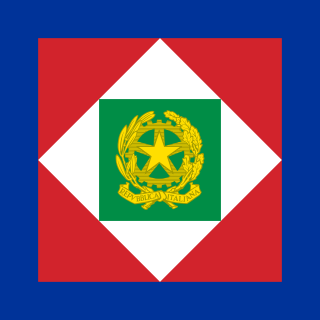
The President of the Italian Republic is the head of state of Italy and in that role represents national unity and guarantees that Italian politics comply with the Constitution. The President's term of office lasts for seven years. The 11th President of the Republic, Giorgio Napolitano, was elected on 10 May 2006 and elected to a second term for the first time in Italian Republic history on 20 April 2013. Following Napolitano's resignation, the incumbent President, former Constitutional judge Sergio Mattarella, was elected at the fourth ballot with 665 votes out of 1,009 on 31 January 2015.


